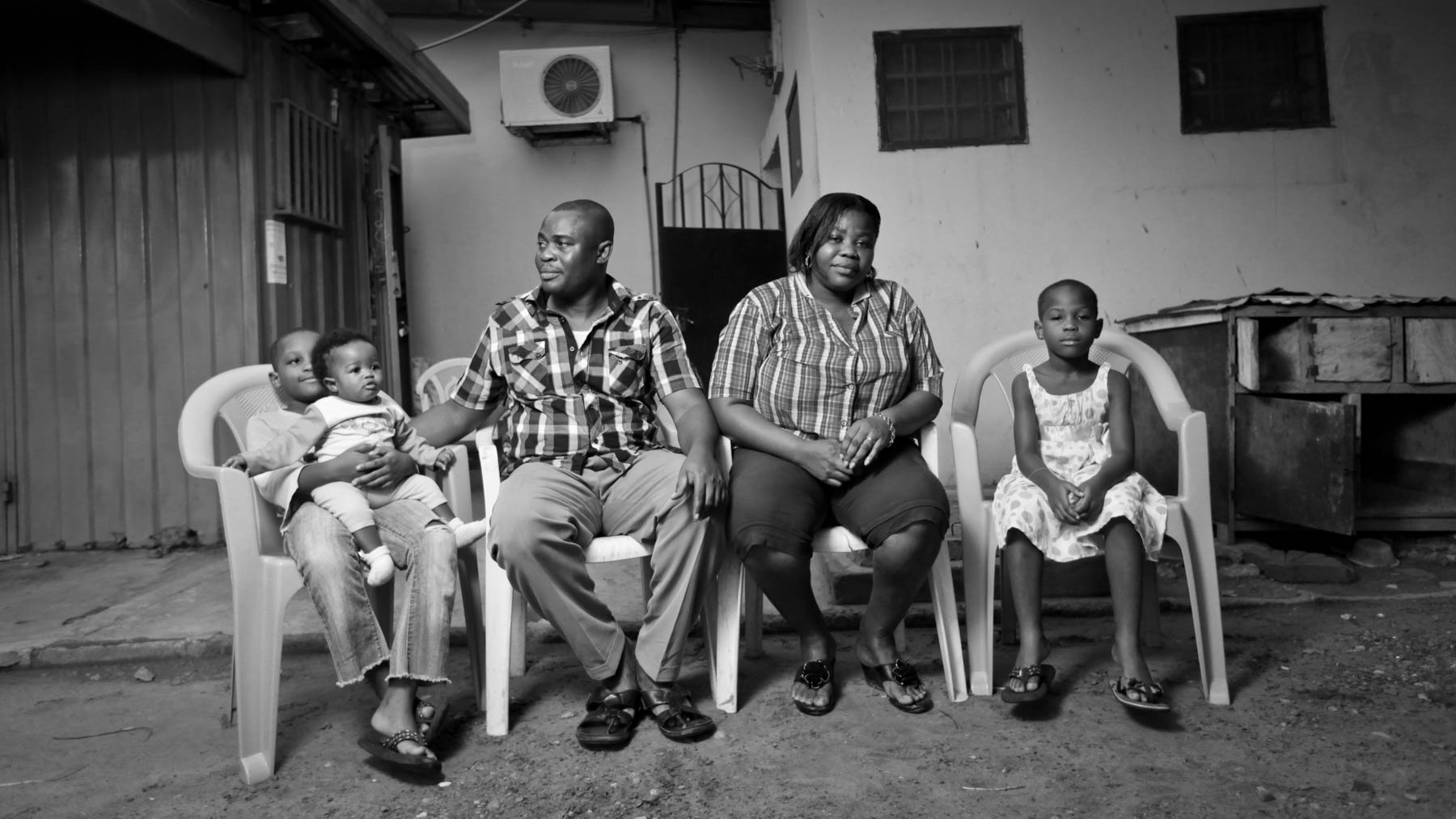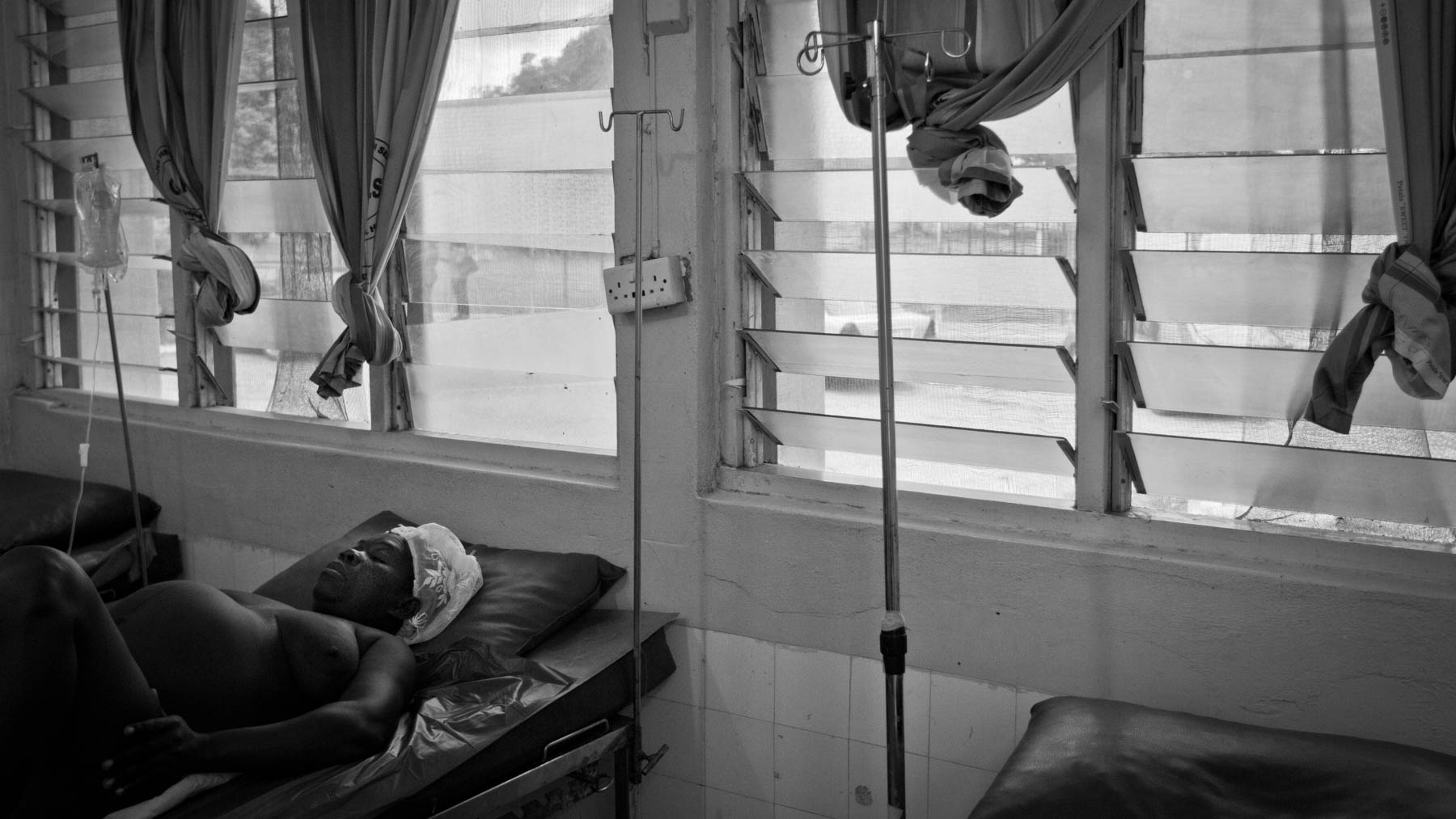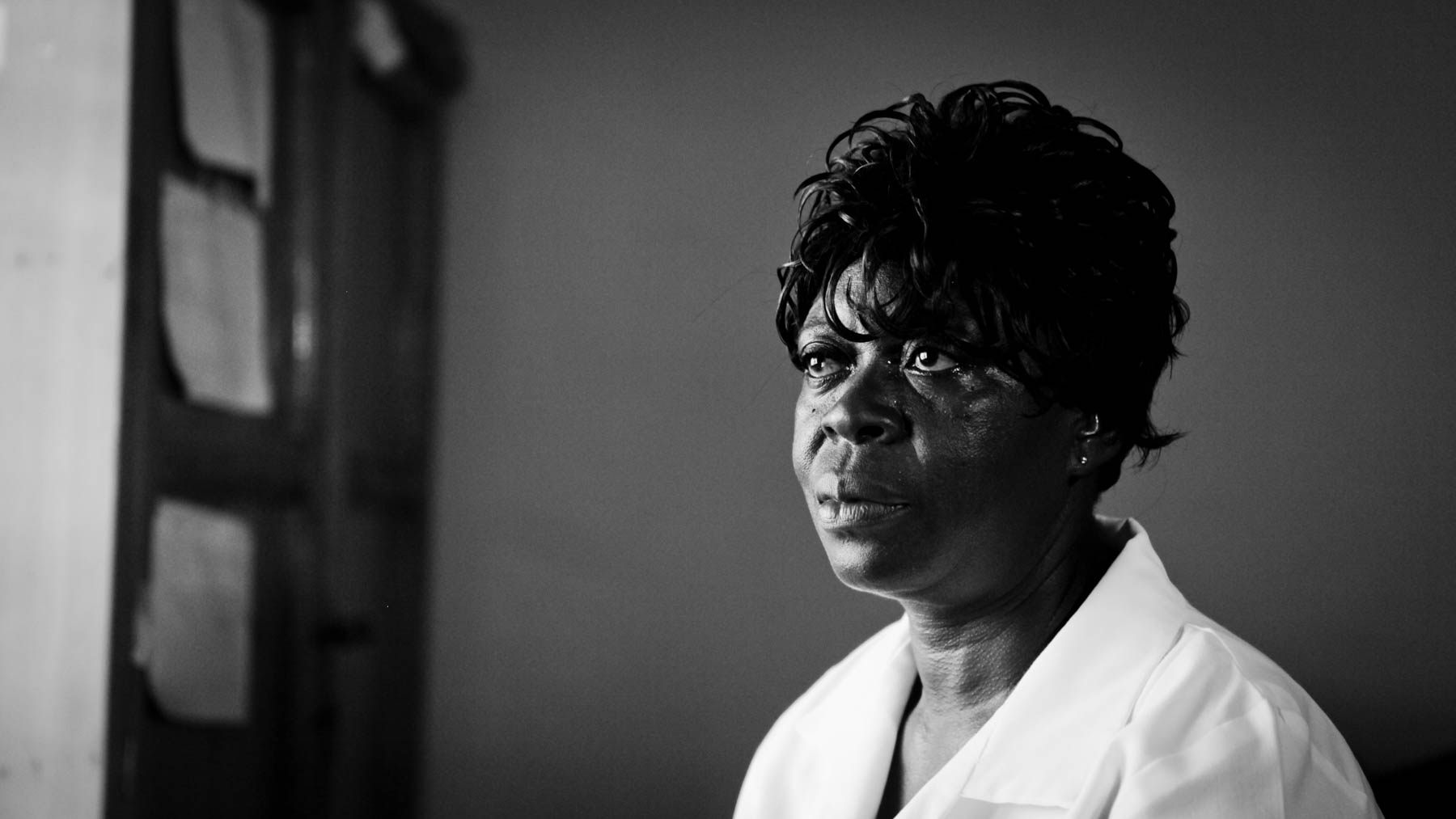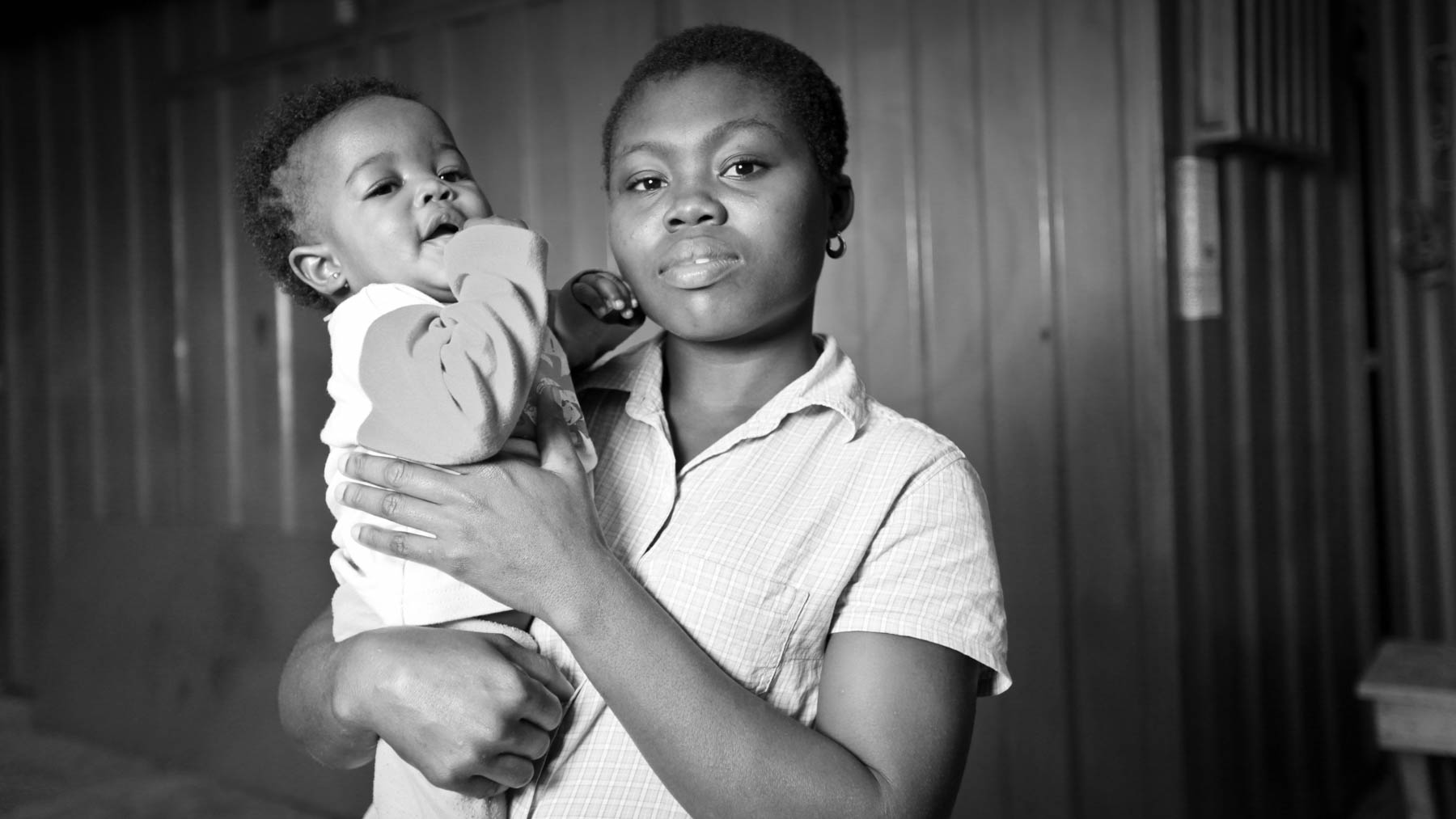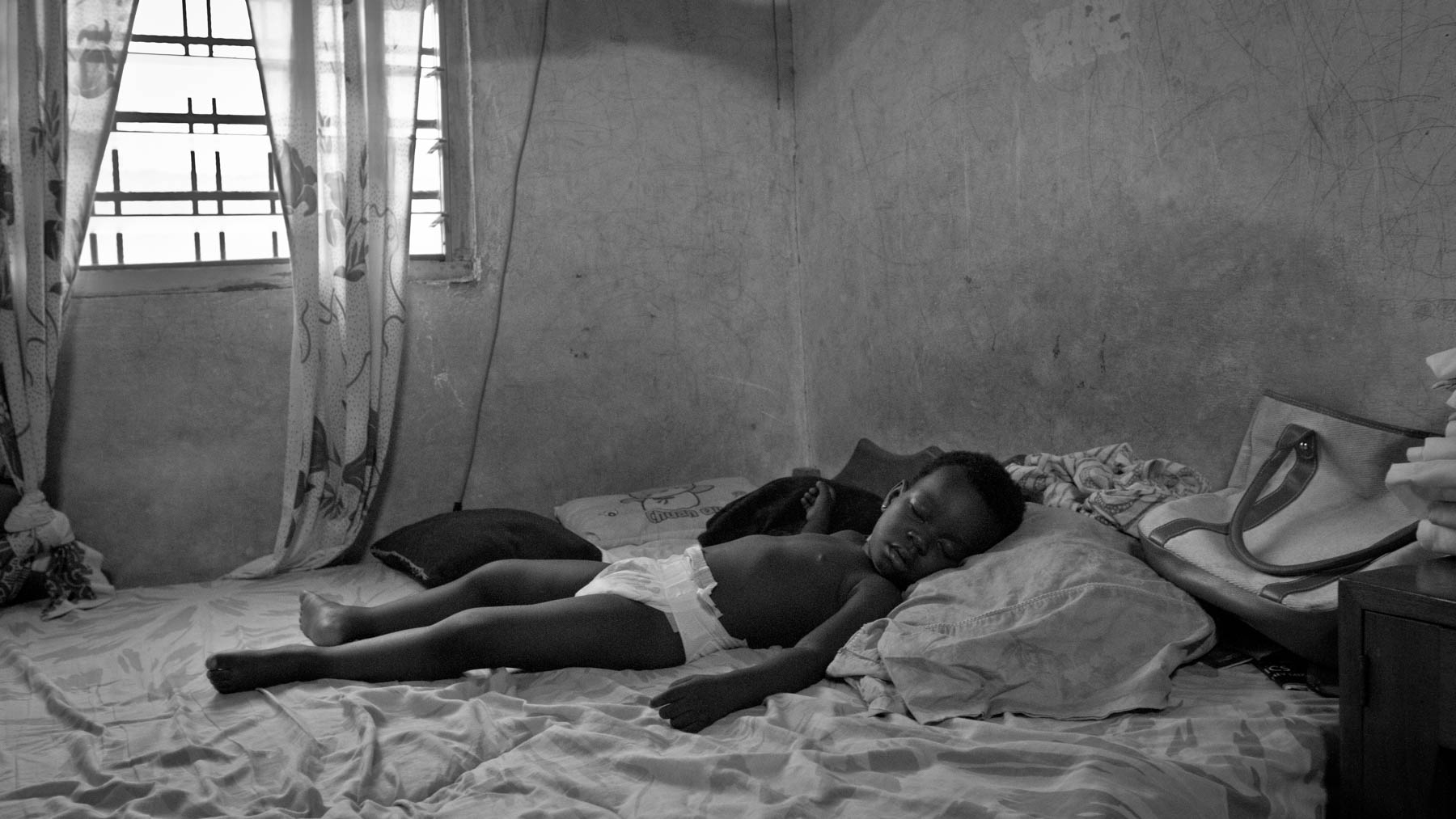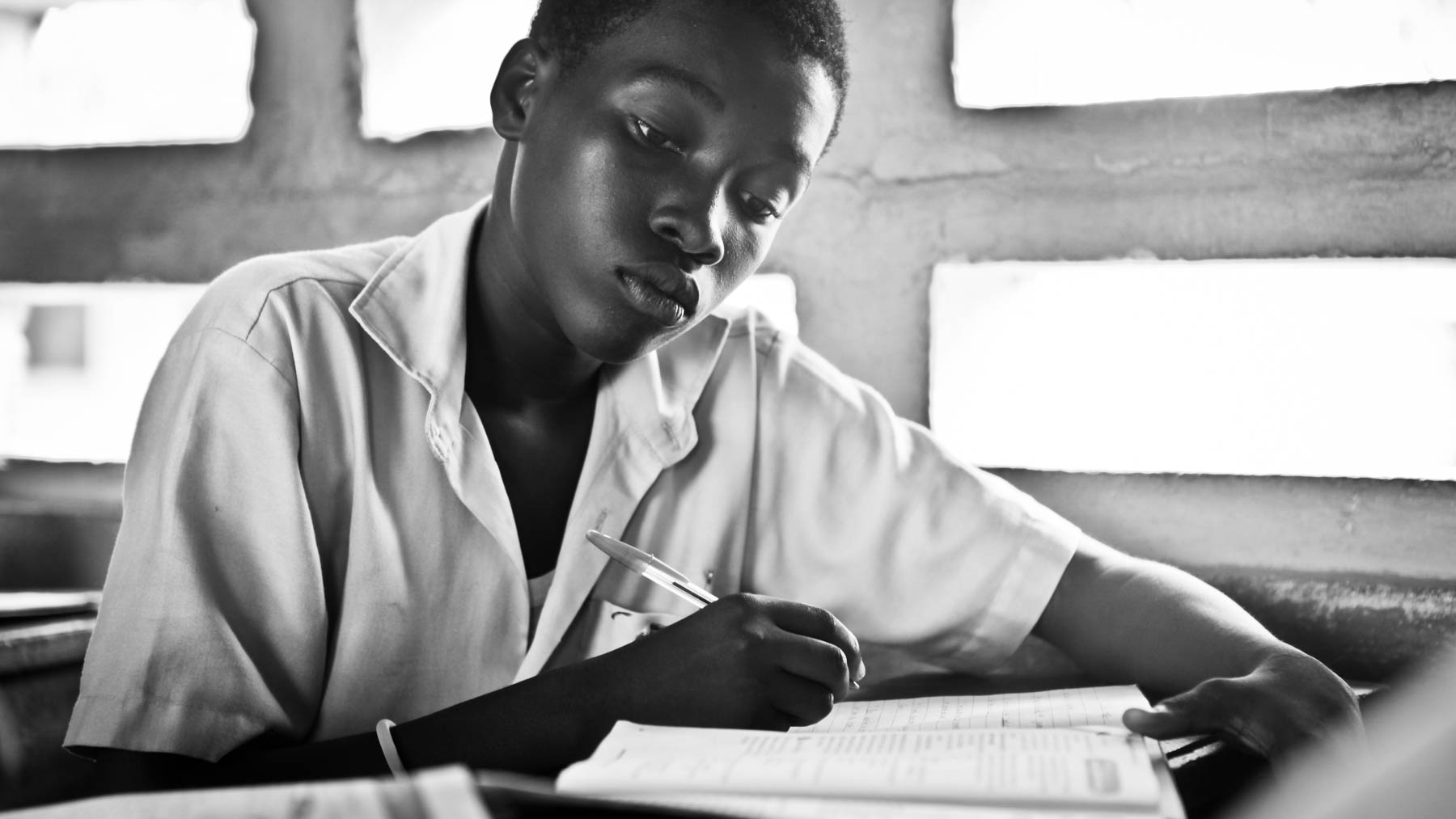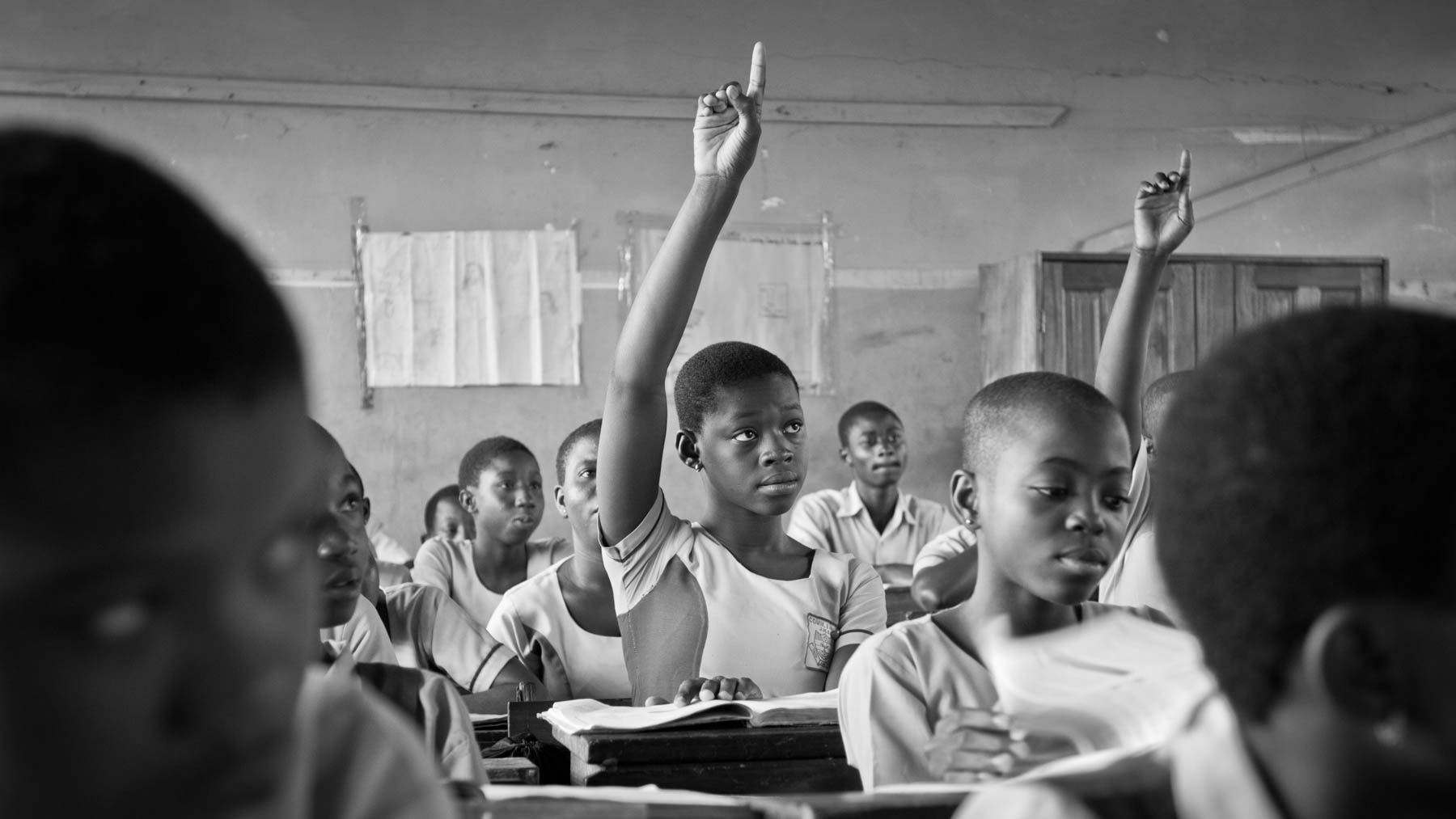Every day 830 women die from pregnency or child birth related complications.
Most of these deaths happen in the developing world due to inadequate access to health care. A Thin Line tells the story of two women in Ghana, who survived, telling their story and how their survival not only affected them, but also their families and communities.
The film was co-directed together with filmmaker Yann Verbeke and produced by Medical Aid Films for the World Health Organisation to accompany a report on the topic to create a different narrative, focused more on the positive impact access to health care has, not only for the individual, but the whole community.
Every day, 830 women face life-threatening complications during pregnancy and childbirth in the developing world. In Ghana, two women who survived these harrowing experiences stepped forward to share their stories. Their testimonies illuminate how access to basic healthcare not only saves individual lives but transforms entire communities.
Why the story matters
only 13% of the world's population
We needed to shift the narrative around maternal healthcare from statistics to human impact. The World Health Organisation required a compelling documentary that would move policymakers to action by showcasing the ripple effects of accessible healthcare in communities and across the continent and touching them not only with the mind, but also their hearts.
Working with filmmaker Yann Verbeke, we immersed ourselves in the communities of these Ghanaian survivors. Through intimate interviews and varieté footage, we crafted a 19-minute documentary that wove together personal testimonies with wider community perspectives. We focused on capturing not just survival stories, but the transformative impact these women now have on their families and neighbours.
The documentary became a powerful advocacy tool, screening at multiple international conferences and policy forums. It successfully bridged the gap between statistics and human experience, providing policymakers with compelling evidence of healthcare investment's cascading benefits. The film continued to drive conversations about maternal healthcare access in developing regions.
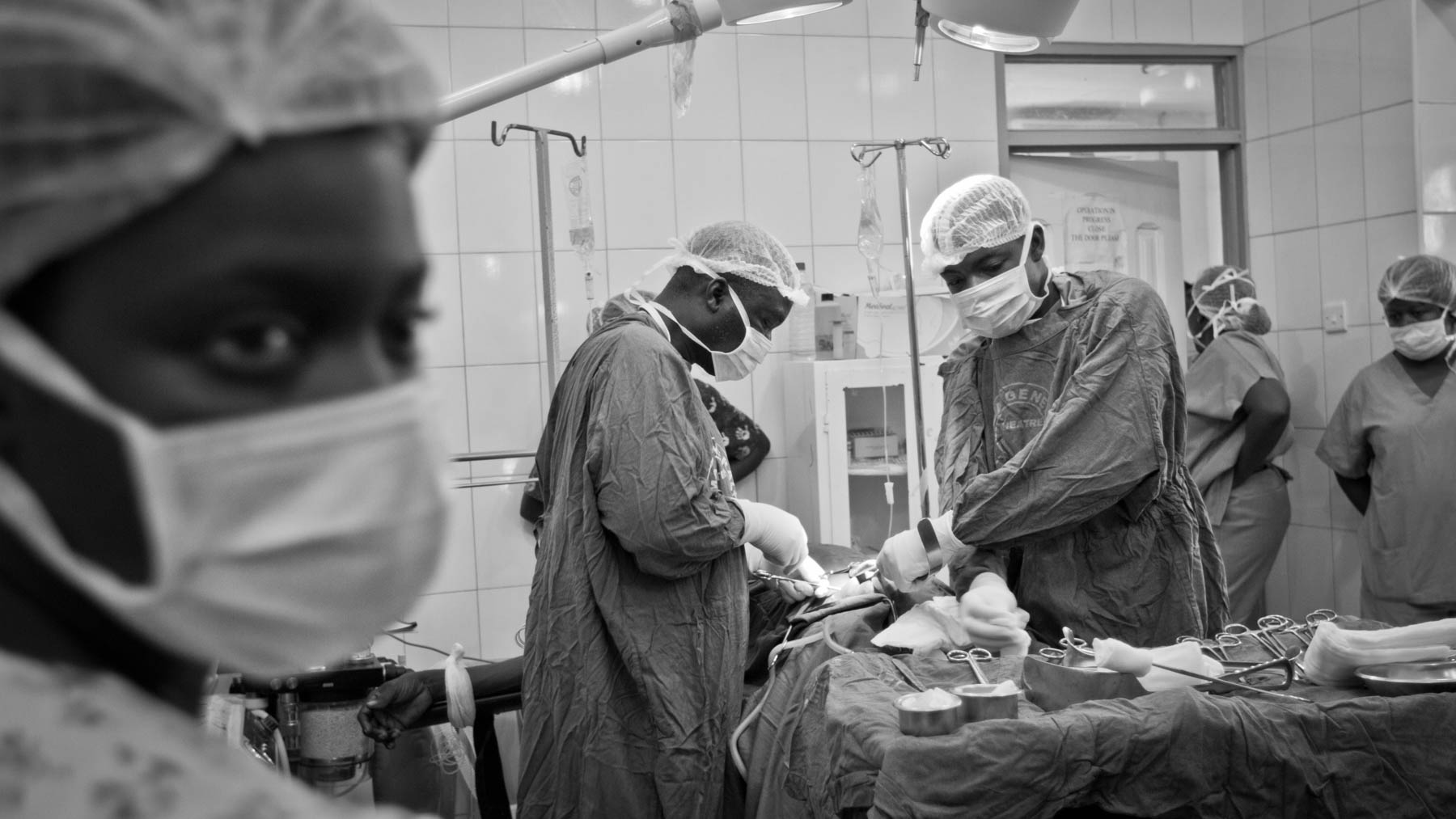
- Production Year: 2012
- Client: World Health Organisation
- Role: Story Development, Filming, Editing
